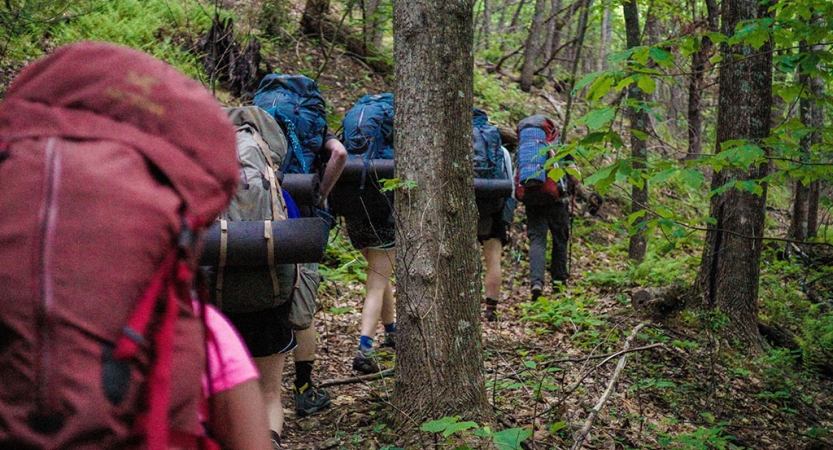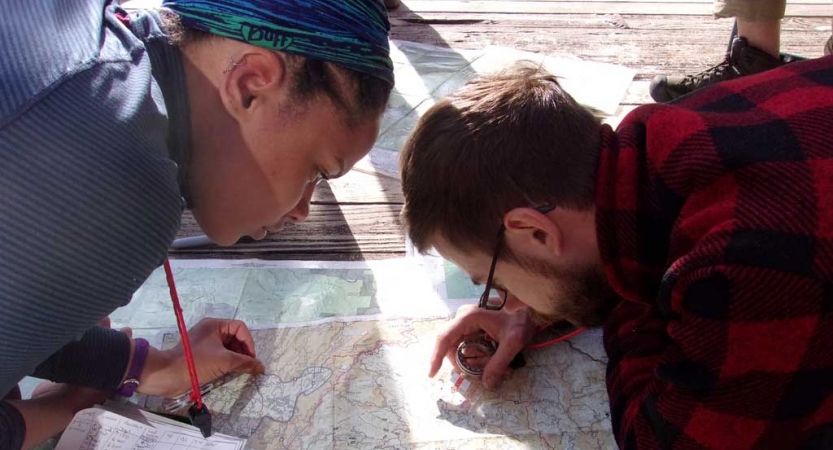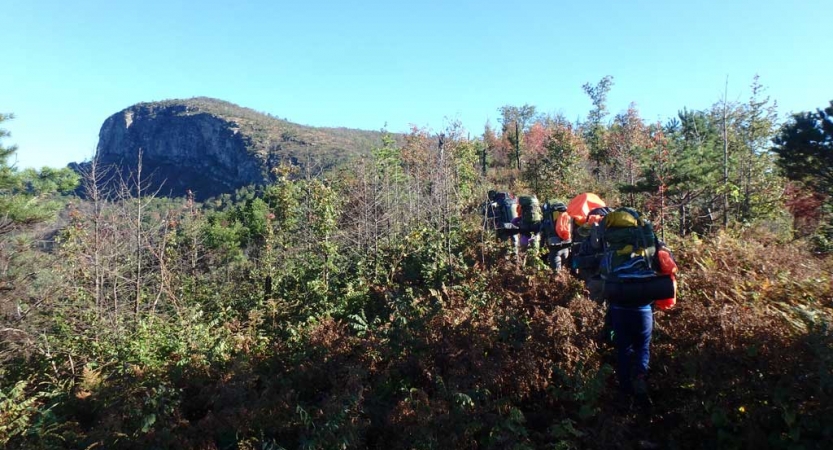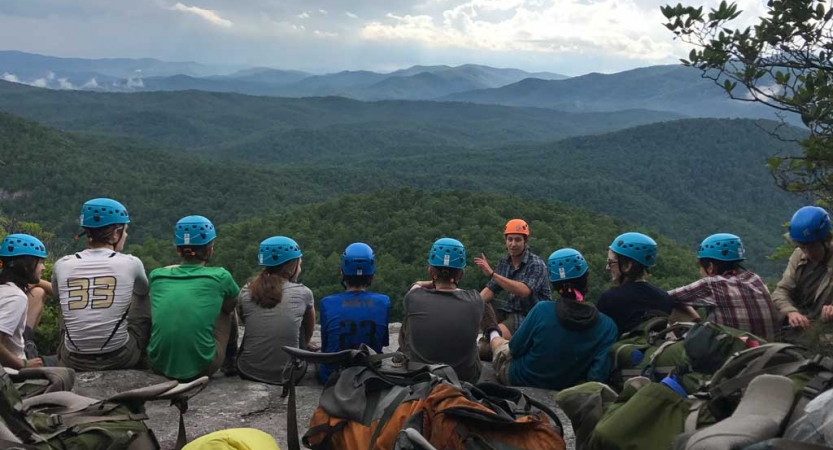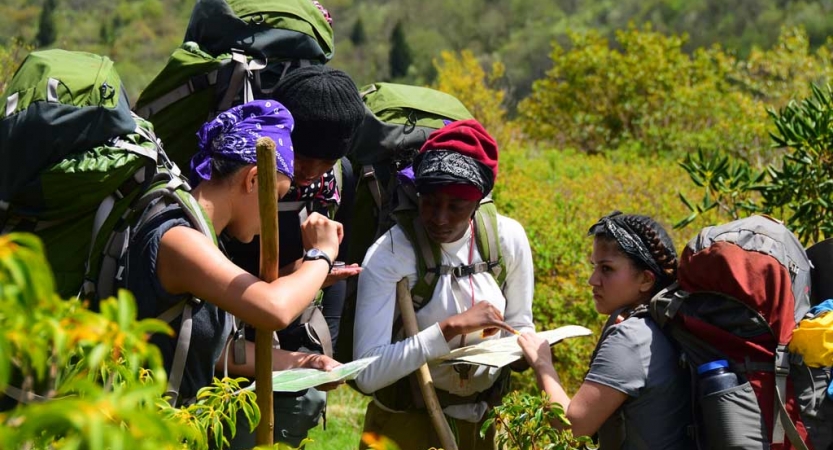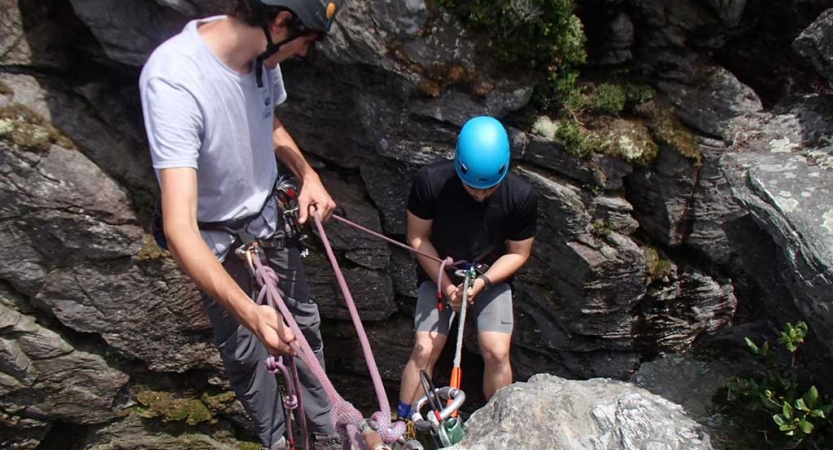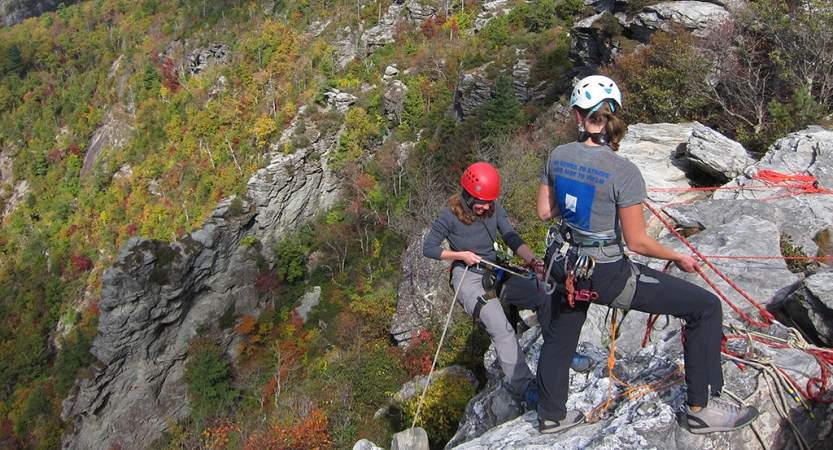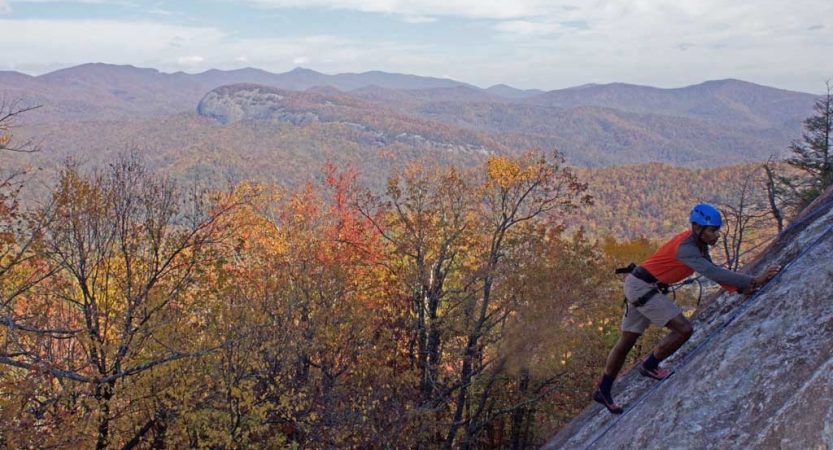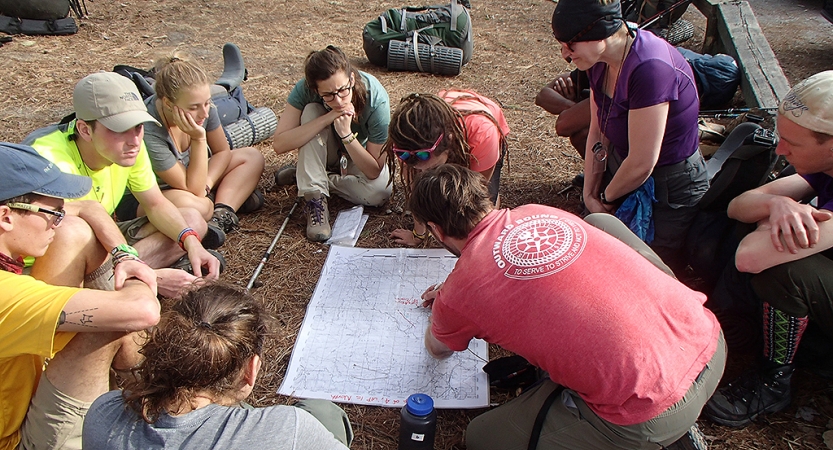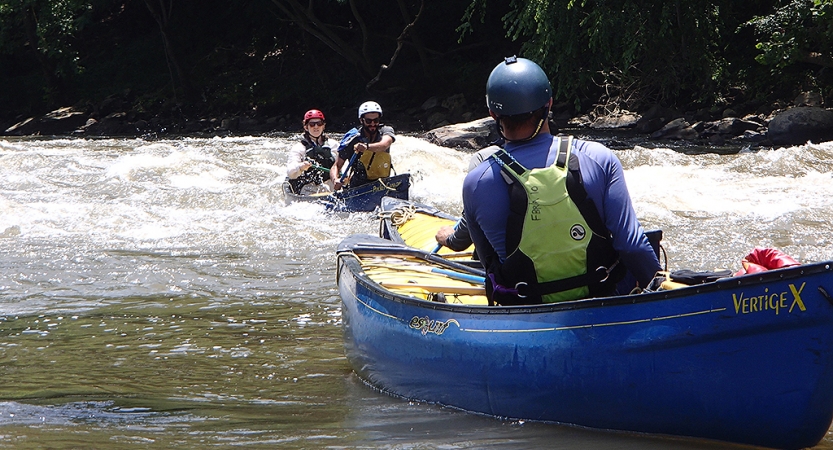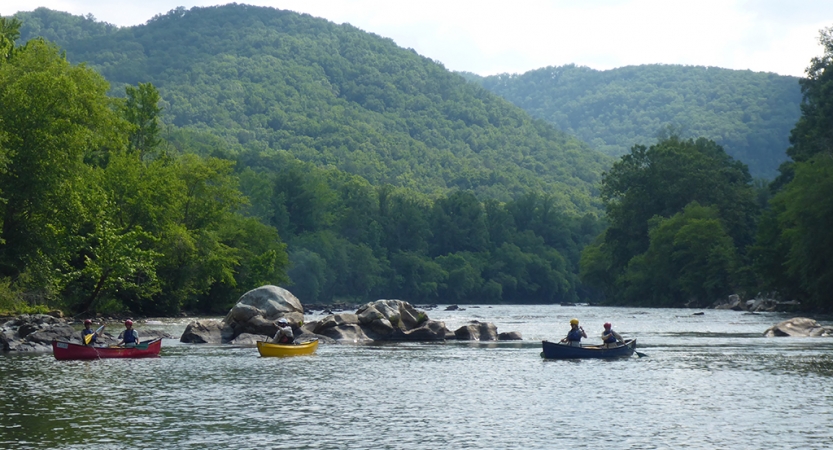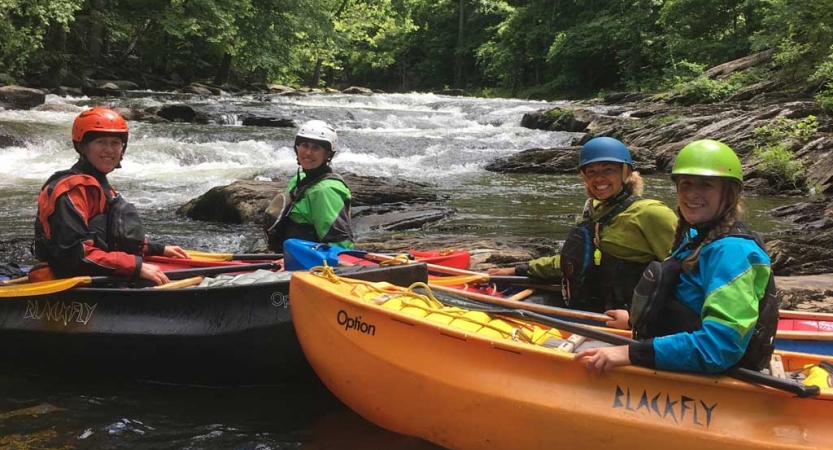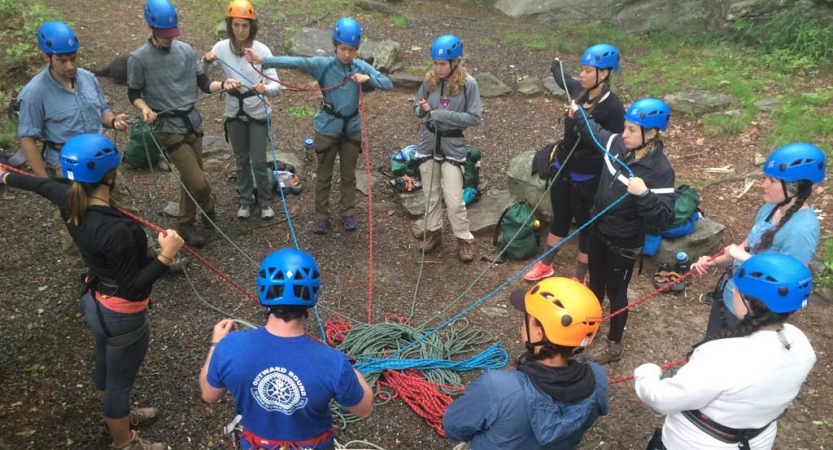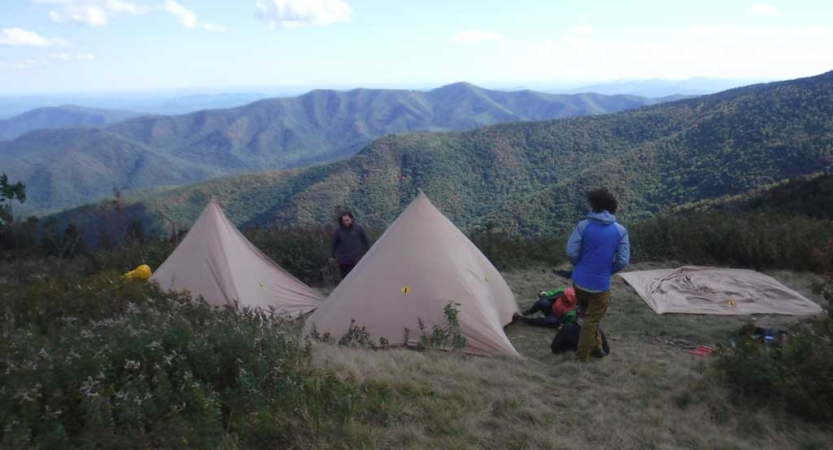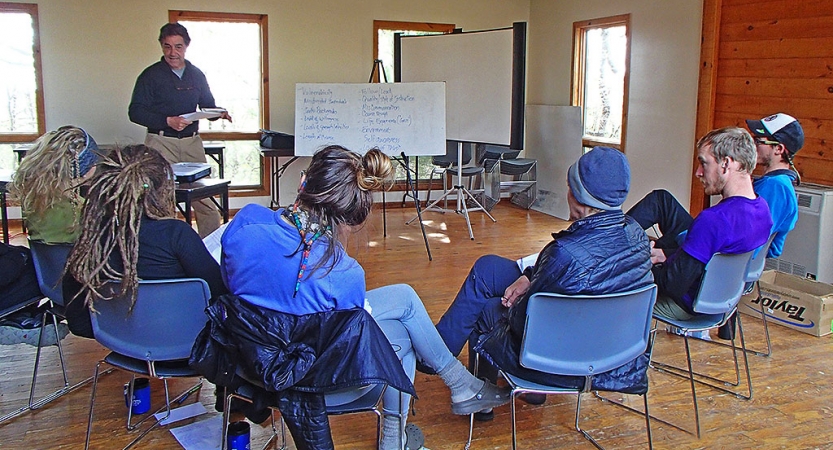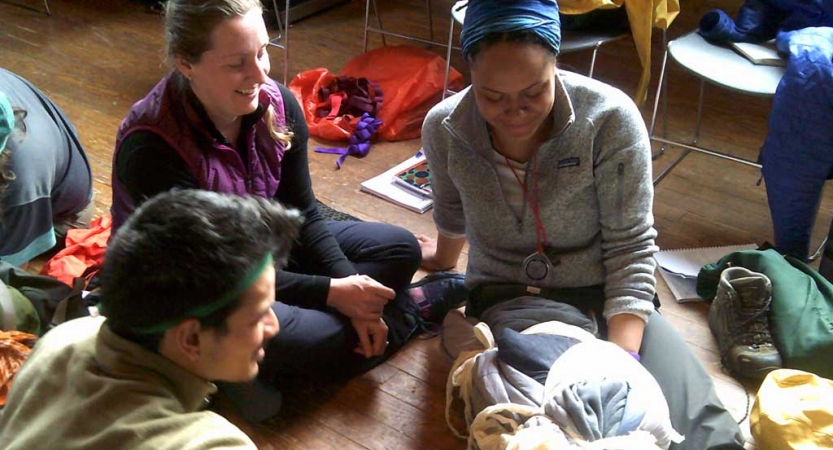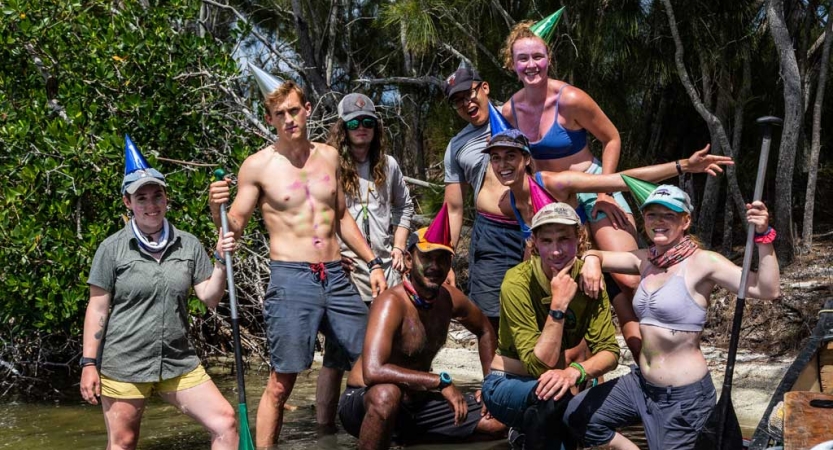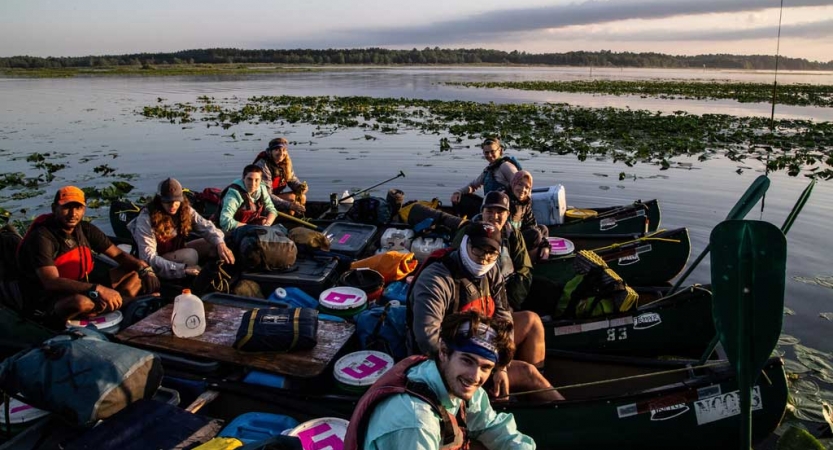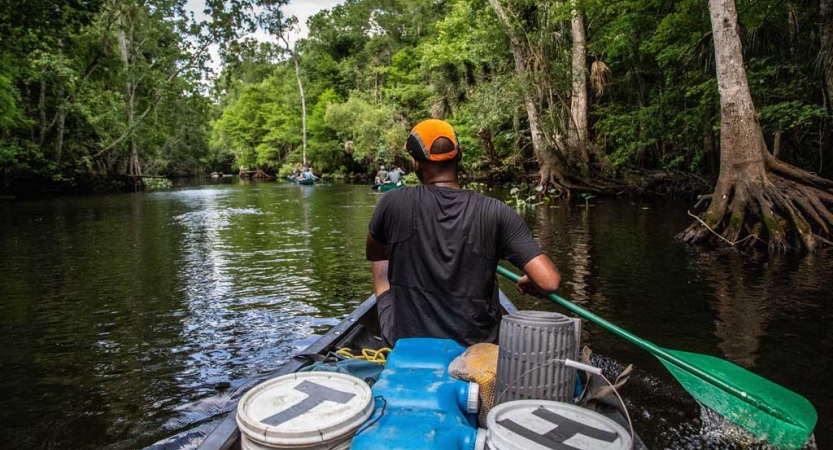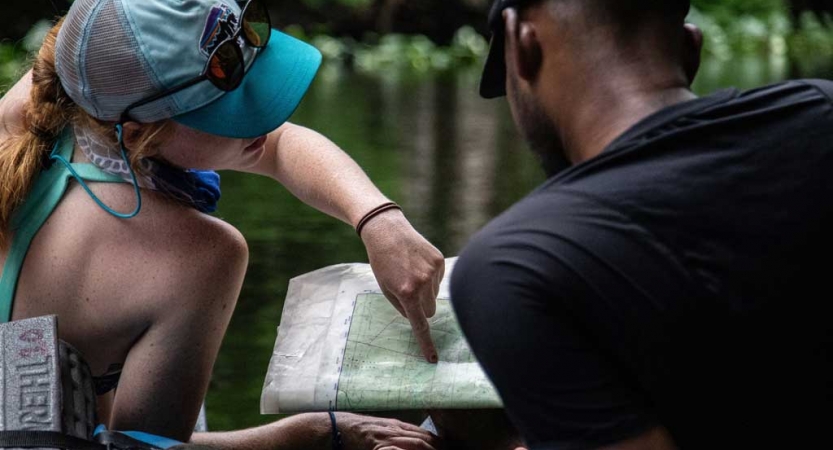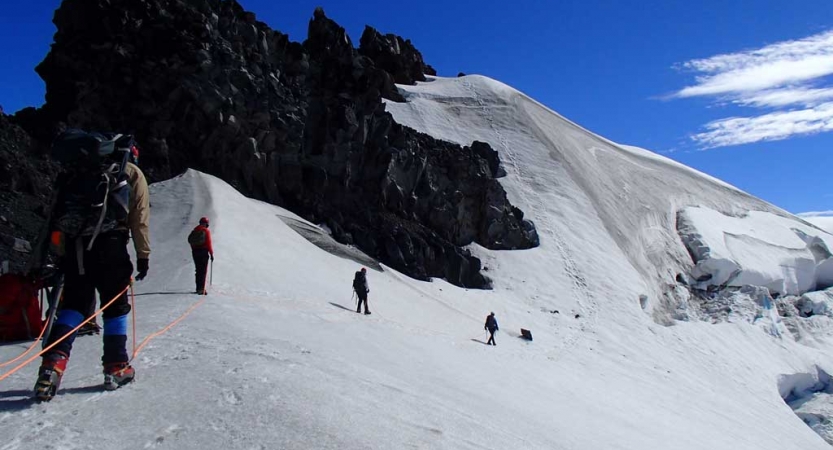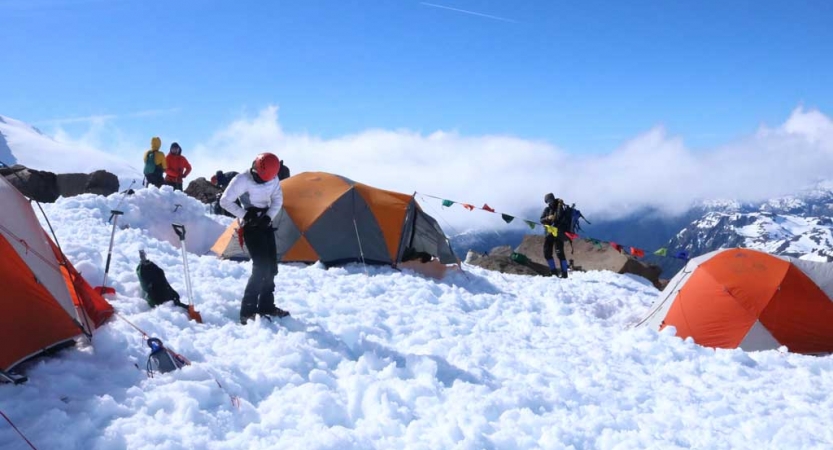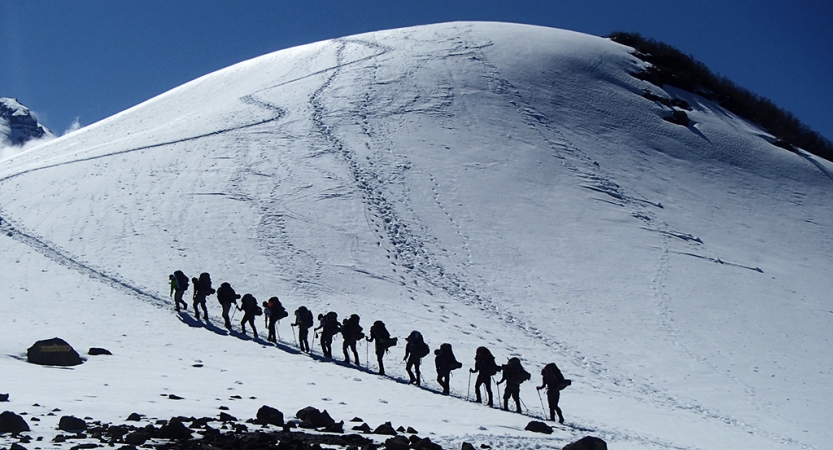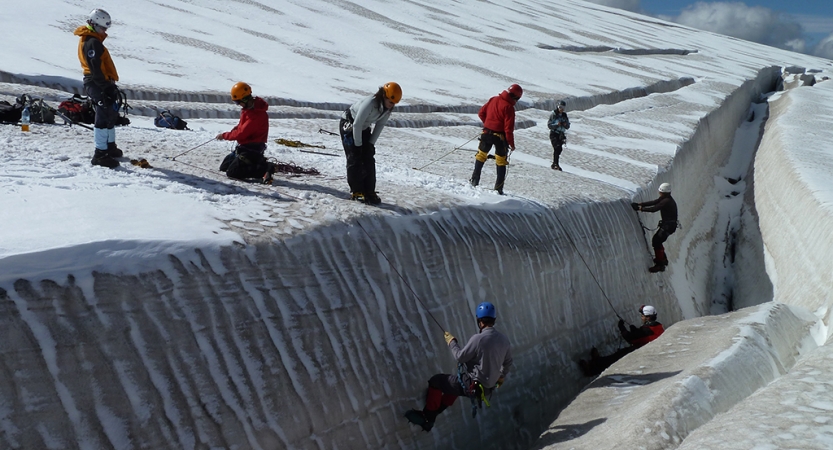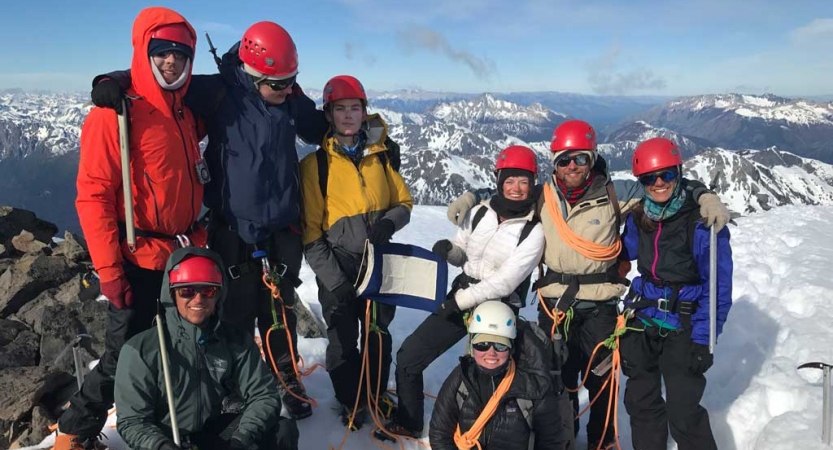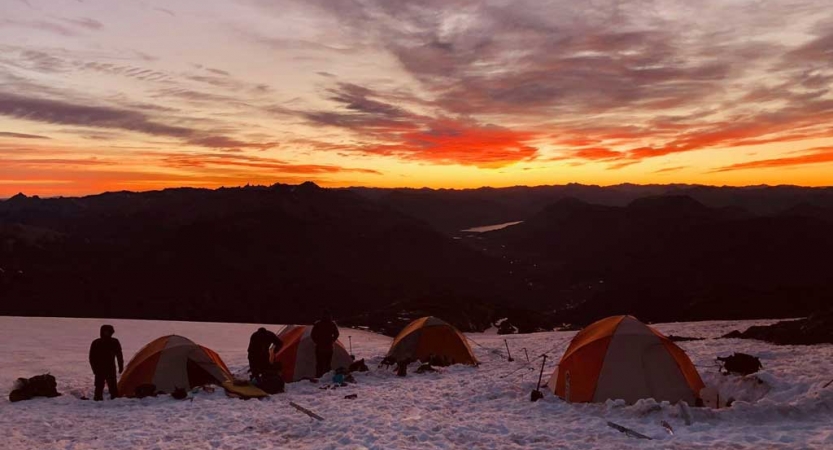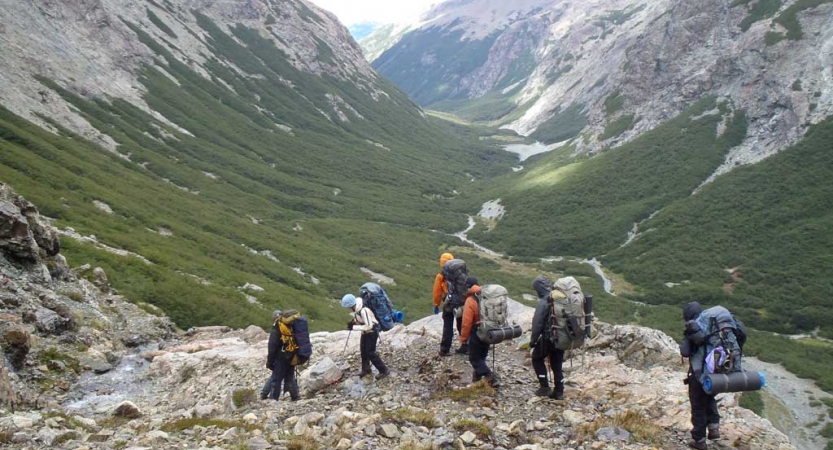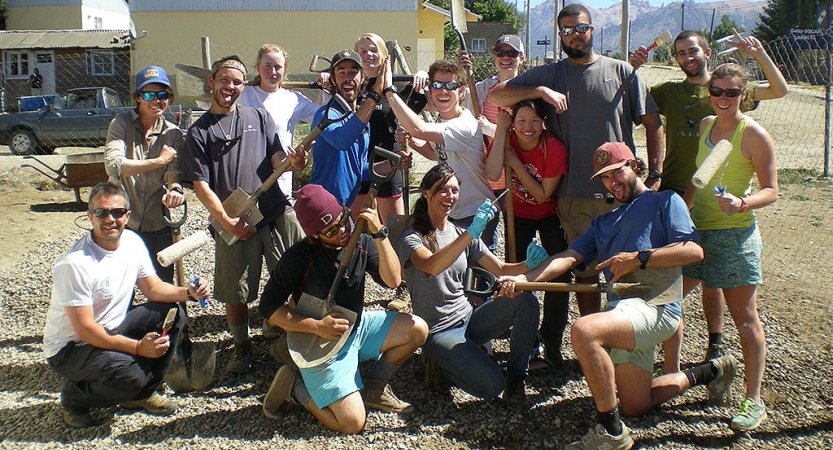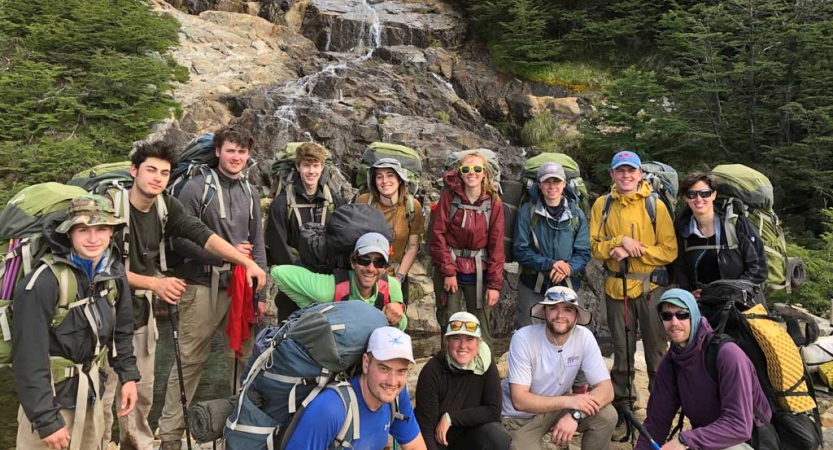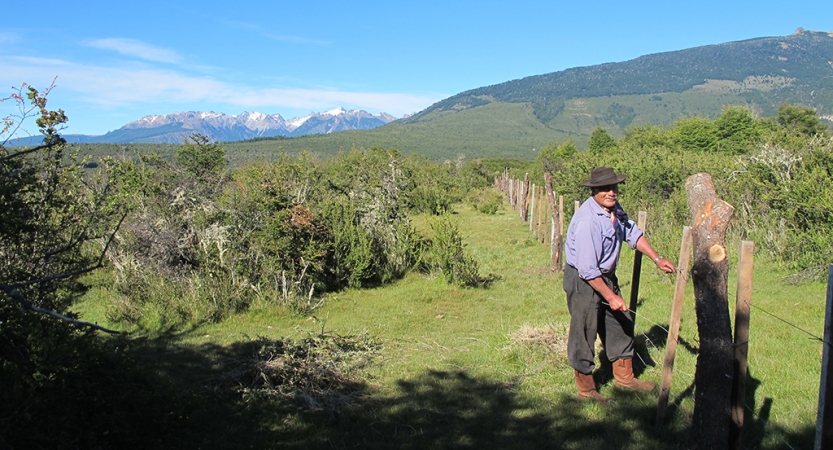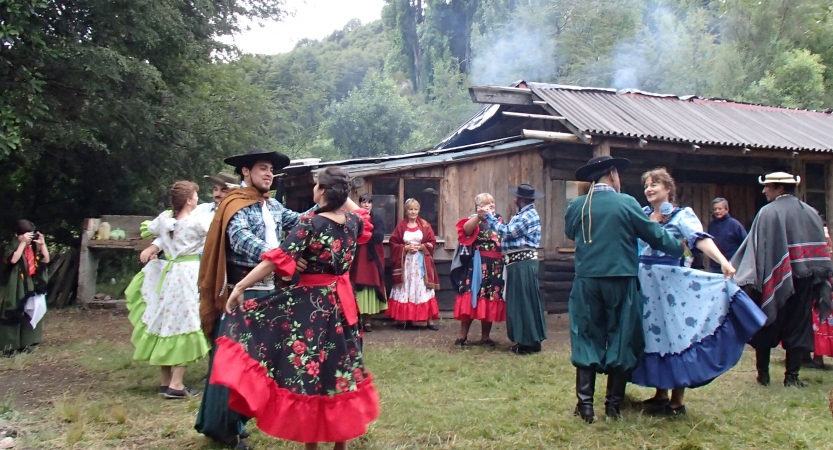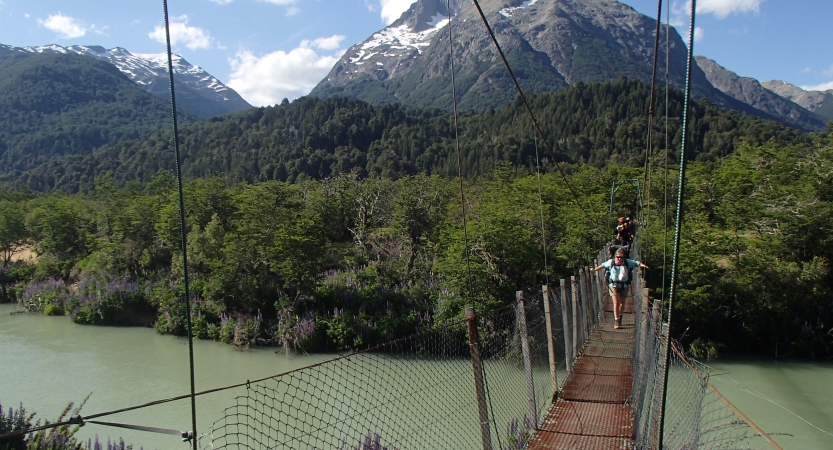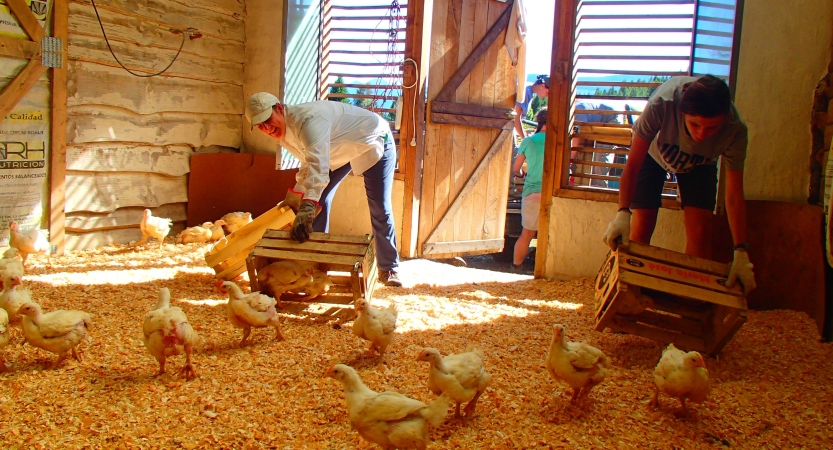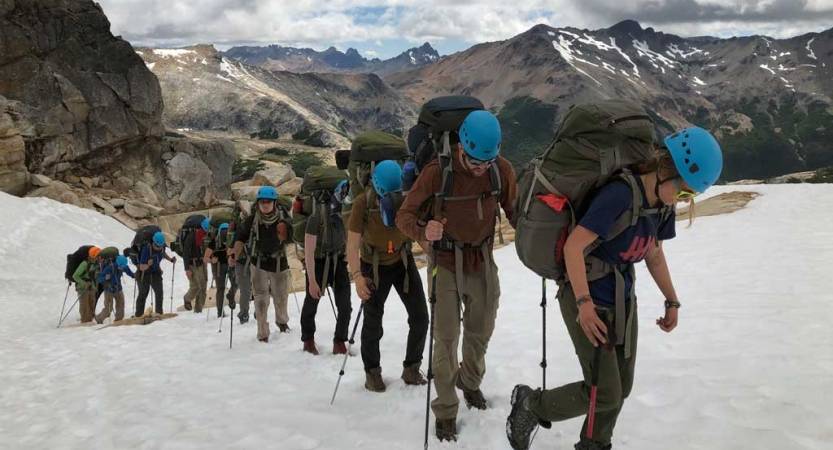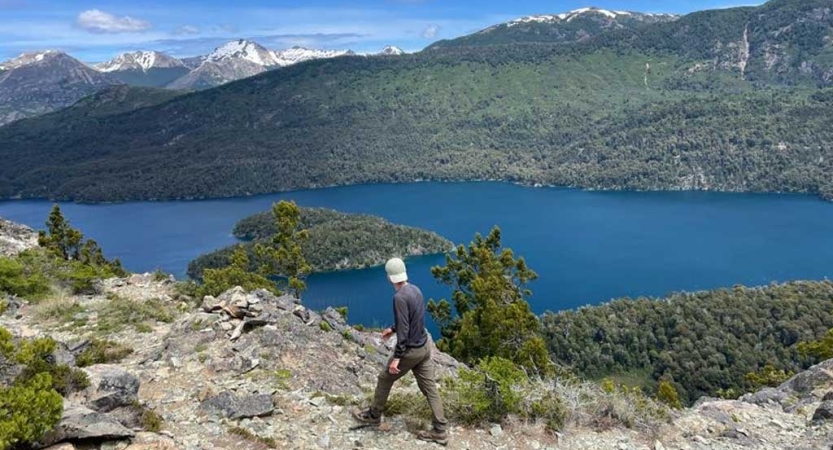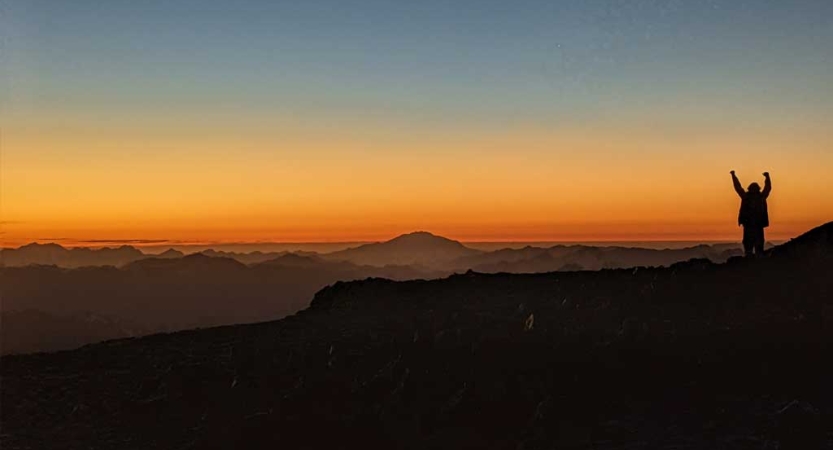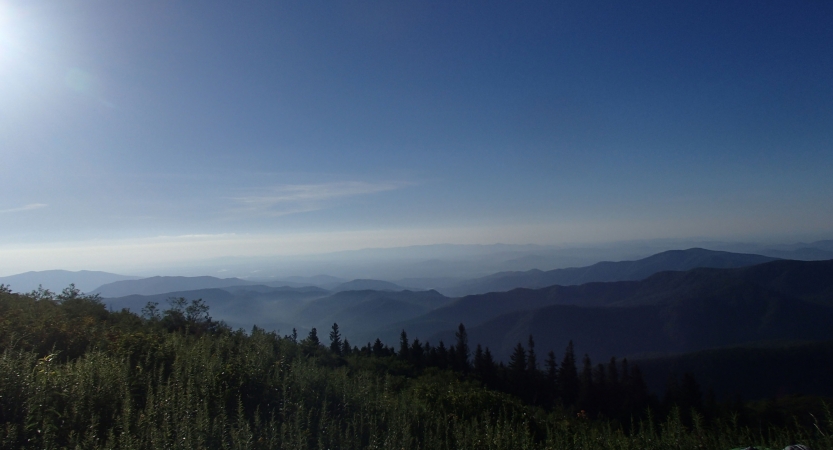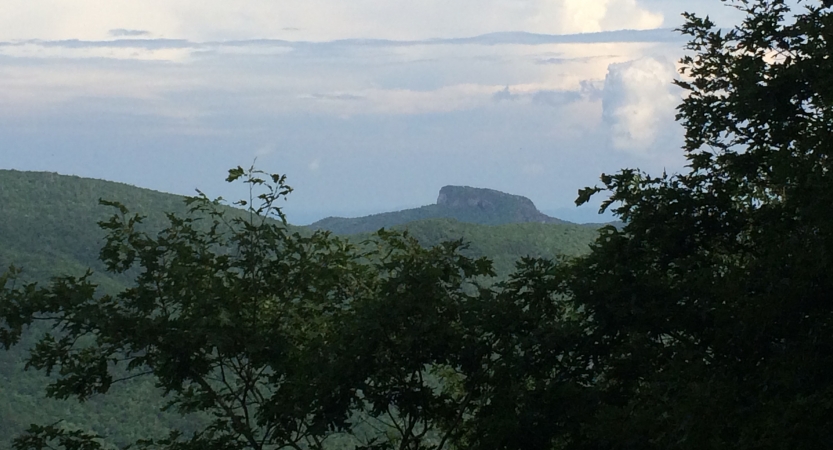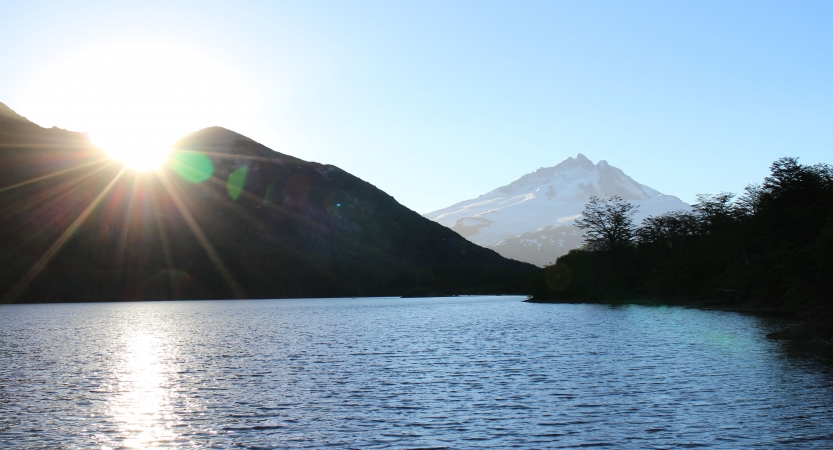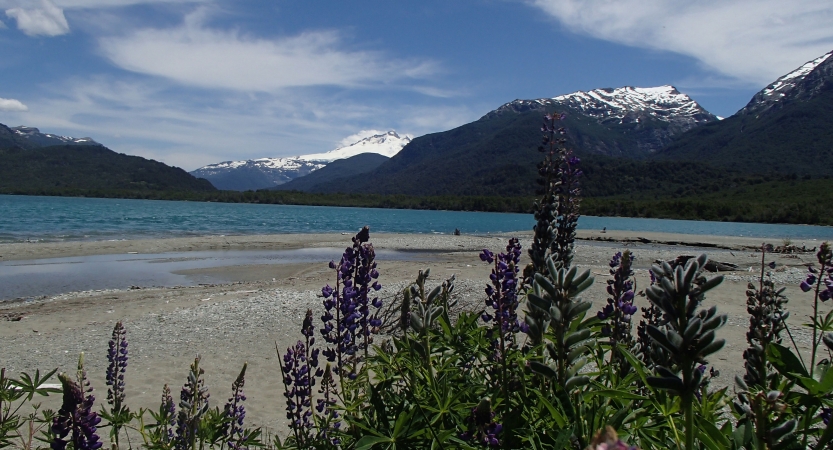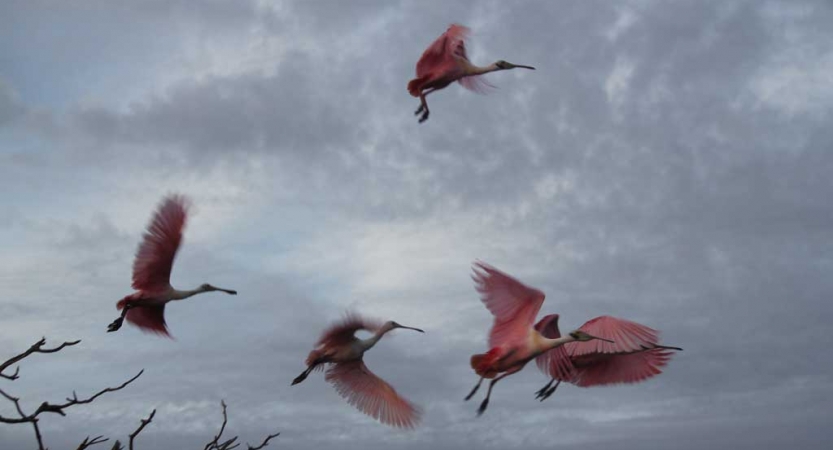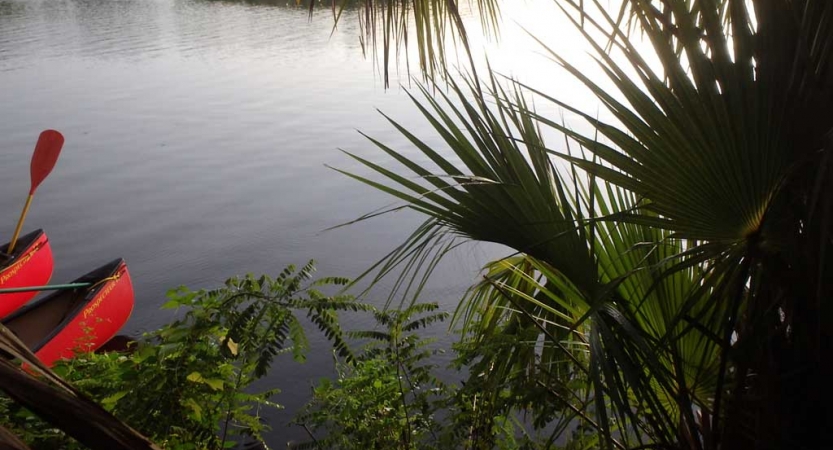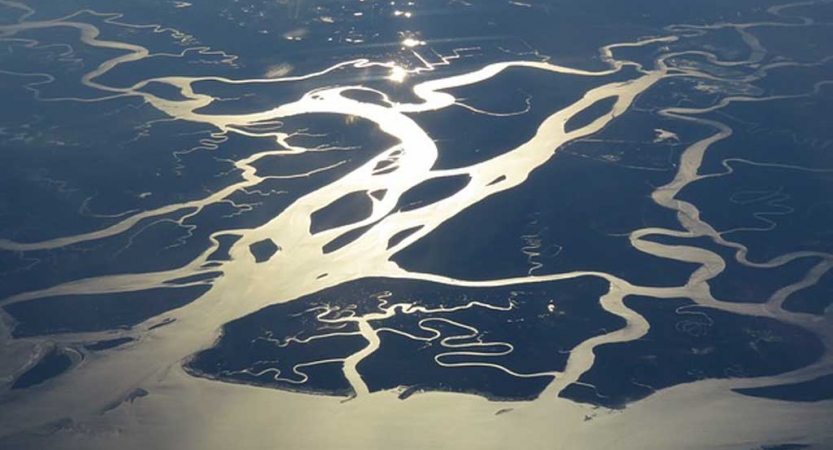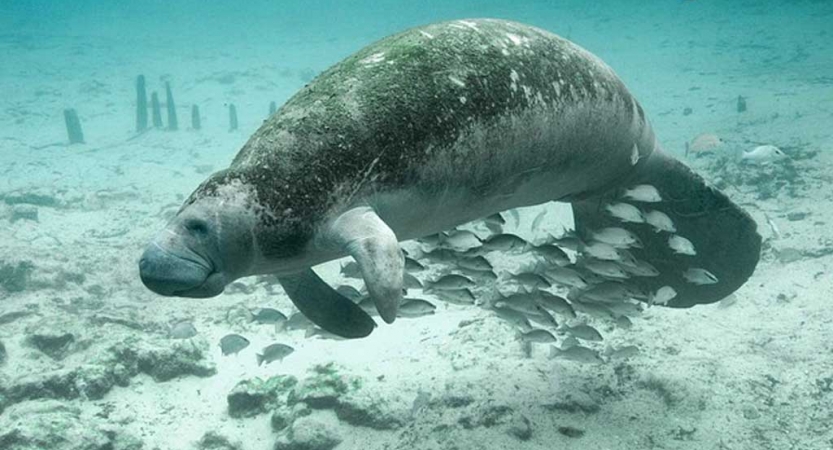-
EXPEDITIONS
-
Southwest Rafting
-
Potomac River Canoeing
-
Water Gap Backpacking, Canoeing & Leadership
-
High Sierra Backpacking & Rock Climbing for Boys
-
Maine Sailing & Backpacking
-
Water Gap Backpacking, Canoeing & Leadership
-
Boundary Waters Canoeing
-
Southwest Rafting & Canoeing
-
High Sierra Alpine Backpacking & Rock Climbing for Adults
-
Boundary Waters Canoeing for Adults
-
Blue Ridge Mountains Backpacking & Rock Climbing for Adults
-
Yosemite Backpacking for Adults
-
Pathfinder Boundary Waters Canoeing & Backpacking
-
Pathfinder Southwest Canyoneering & Rafting
-
Pathfinder Blue Ridge Mountains Backpacking, Whitewater Canoeing & Rock Climbing
-
Pathfinder Rocky Mountains to Canyonlands
-
Blue Ridge Mountains to Florida & Patagonia Leadership Semester
-
Maine to Bahamas Leadership Semester
-
Canyonlands to Joshua Tree Leadership Semester
-
Costa Rica and Panama Leadership Semester
-
High Sierra Backpacking & Rock Climbing for Boys
-
Blue Ridge Mountains Backpacking & Rock Climbing for Families
-
High Sierra Alpine Backpacking & Rock Climbing for LGBTQ+ Teens
-
Ten Thousand Islands Sea Kayaking for Veterans
-
Blue Ridge Mountains Backpacking & Rock Climbing for Women Veterans
-
Ten Thousand Islands Canoeing for Veterans
-
Backpacking
-
Canoeing
-
Canyoneering
-
Dog Sledding
-
Mountaineering
-
Rafting
-
Rock Climbing
-
Sailing
-
Sea Kayaking
-
Service
-
Snow and Ice
-
EXPEDITION FINDER
CLASSIC FOR MIDDLE SCHOOL
FEATURED CLASSIC FOR MIDDLE SCHOOL
FEATURED CLASSIC FOR HIGH SCHOOL
FEATURED CLASSIC FOR ADULTS
FEATURED PATHFINDER
FEATURED SEMESTER
FEATURED OUTDOOR EDUCATOR
OUTDOOR EDUCATOR OVERVIEW INTERCEPTFEATURED INTERCEPT
INTERCEPT OVERVIEW AFFINITY GROUPSFEATURED AFFINITY GROUPS
FEATURED VETERANS
FEATURED ACTIVITIES
FEATURED SCHOLARSHIPS & ACADEMIC CREDIT
SCHOLARSHIPS & ACADEMIC CREDIT OVERVIEW PLANNING COMMUNICABLE DISEASE PRACTICESFEATURED COMMUNICABLE DISEASE PRACTICES

Program Overview
Skills
- Basic First Aid
- Basic Paddle Strokes
- Belaying a Climber
- Campcraft
- Food Preparation and Cooking
- Knots
- Map and Compass
- Natural History
- Navigation
- Rappelling
- River Reading
- Safety and Risk Management
- Self Care
- Travel Techniques
- Wilderness Medicine
- Character
- Communication
- Conflict Resolution
- Empathy
- Independence
- Leadership
- Positive Risk Taking
- Problem Solving
- Resilience
- Self Awareness
- Self Confidence
- Service
Let’s Connect!
Blue Ridge Mountains to Florida & Patagonia Leadership Semester
Embark for the adventure of a lifetime on this 72-day, multi-region, international semester course.
Climb rock faces in the incredible Blue Ridge mountains of North Carolina, journey by river through the canopied forests and barrier islands of Florida, and summit peaks in the Land of Fire and Ice at the edge of the world in Patagonia.
This expedition is not just about adventure but personal growth and empowerment. Immerse yourself in this transformative experience that allows you to push your limits, sharpen your leadership skills, and enhance your personal development. Journey through the great outdoors, forming unbreakable bonds with your group and leaving with a profound understanding of the wilderness, the world, and yourself.
Although semester programs are not traditional academic programs, many colleges recognize the value of going on gap year and semester courses and grant college credit for them. This course also offers a Wilderness First Aid certification through a nationally accredited organization and a service project component.
Thank you for considering the North Carolina Outward Bound School. Stay up to date by reviewing their Tropical Storm Helene Response & Updates.
Program Overview
Skills
- Basic First Aid
- Basic Paddle Strokes
- Belaying a Climber
- Campcraft
- Food Preparation and Cooking
- Knots
- Map and Compass
- Natural History
- Navigation
- Rappelling
- River Reading
- Safety and Risk Management
- Self Care
- Travel Techniques
- Wilderness Medicine
- Character
- Communication
- Conflict Resolution
- Empathy
- Independence
- Leadership
- Positive Risk Taking
- Problem Solving
- Resilience
- Self Awareness
- Self Confidence
- Service
UPCOMING COURSES
What is this?
For detailed information on course availability statuses and what they mean, click here.
Course # NTGL-2581
Age 18 and up
Days 72
Cost $18,015
Dates 9/26/2025 - 12/6/2025
APPLY NOW
This means a course has several open spots and is actively processing applications.
What is this?
For detailed information on course availability statuses and what they mean, click here.
Thank you for your interest in Outward Bound!
This course starts within the next week. Please call us at 866-467-7651 to assess the possibility of applying for this course!
APPLY NOW
This means a course has several open spots and is actively processing applications.
APPLY NOW – Almost Full
This means there are three or fewer currently available spots left on a course. To secure your spot click Apply Now to begin an application!
JOIN WAITLIST
Once a course has reached capacity, three waitlist positions become available. To join a course’s waitlist, click “Join Waitlist” to begin the application process. A $500 deposit is required. This $500 deposit includes a $150 non-refundable application fee and a $350 tuition payment. The $350 tuition payment is refundable only if you cancel your waitlist application or if an open position does not become available. If a position does become available, the applicant will be applied to the open position and the Application and Cancellation Policies of the Regional Outward Bound School will be followed, including forfeiture of the $500 deposit if you cancel 90 days or less prior to the course start date.
Waitlist applicants are encouraged to complete all required admissions documents while awaiting an open position. Positions may become available up to two weeks prior to the course start date. Applicants may only apply to one course. We recommend applying to a course with open positions instead of a course that is accepting waitlist applications. If you have questions, please call 866-467-7651 to speak with one of our Admissions Advisors.
CALL TO APPLY
This means a course is very close to its start date. Although it is unlikely to secure a spot this late, you can call the National Admissions office at 866-467-7651 to discuss your options.
COURSE IS FULL
When a course has reached maximum capacity, meaning all spots and the three waitlist spots are occupied, a course will read “Course Is Full.” This means applications are no longer being accepted.
CLOSED
As a course nears its start date, the availability status may read “Closed.” In this event, a course roster has been finalized and applications are no longer being accepted or processed.
This course starts in . Are you sure you would like to proceed?
In the three months that I was on course, I was challenged and pushed harder than ever before in my young adult life. Through crossing a glacier in Argentina, to paddling for 24 hours straight in the Everglades, to rock climbing and white water canoeing in the mountains of North Carolina, I was pushed out of my comfort zone every day. I became extremely close with my ten crew mates, and every Instructor I had on course. Now as I am adjusting back into life not living in the woods, I notice changes within myself on a daily basis, from the way I approach conflict, to the way I think about myself. I have a lot to thank Outward Bound for, but in particular I dedicate my new-found work ethic, confidence and ability to deal with difficult situations to Outward Bound and will never forget the endless memories I made while on course.
 Most College Savings Plans, including the 529 College Savings Plan, may be used to attend an Outward Bound expedition, thanks to a partnership with Western Colorado University. Anyone can register – you do not have to be a current Western Colorado University student. Registration is easy! Click here to learn more.
Most College Savings Plans, including the 529 College Savings Plan, may be used to attend an Outward Bound expedition, thanks to a partnership with Western Colorado University. Anyone can register – you do not have to be a current Western Colorado University student. Registration is easy! Click here to learn more.
Develop outdoor skills, enhance leadership and communication, and gain environmental knowledge in stunning settings. The goal of our Gap Year expeditions is to help you develop the confidence, knowledge, and integrity essential for effective leadership. Whether you are learning how to safely tie in on belay, deciding as a group how to navigate through new terrain, or setting up a minimum-impact campsite for the evening, you’ll be honing and practicing skills for life.
- Build Connections: Find connections with your crewmates based on support and respect (and fun, too!), and in the thick of challenges, discover there is more in you than you know.
- Value Strengths and Strengthen Values: Discover your strengths, embrace independence, and practice compassion as you support your crew.
- Learn Outdoor Skills: Hone your technical abilities as you become a master at ropes courses or swiftwater rescue techniques and Wilderness First Aid. Numerous certificates are available depending on the course, and up to 18 college credit hours can be earned along the way.
- Upgrade Your Outlook: Return home with an enriched and expanded view of yourself, the world, and what’s possible.
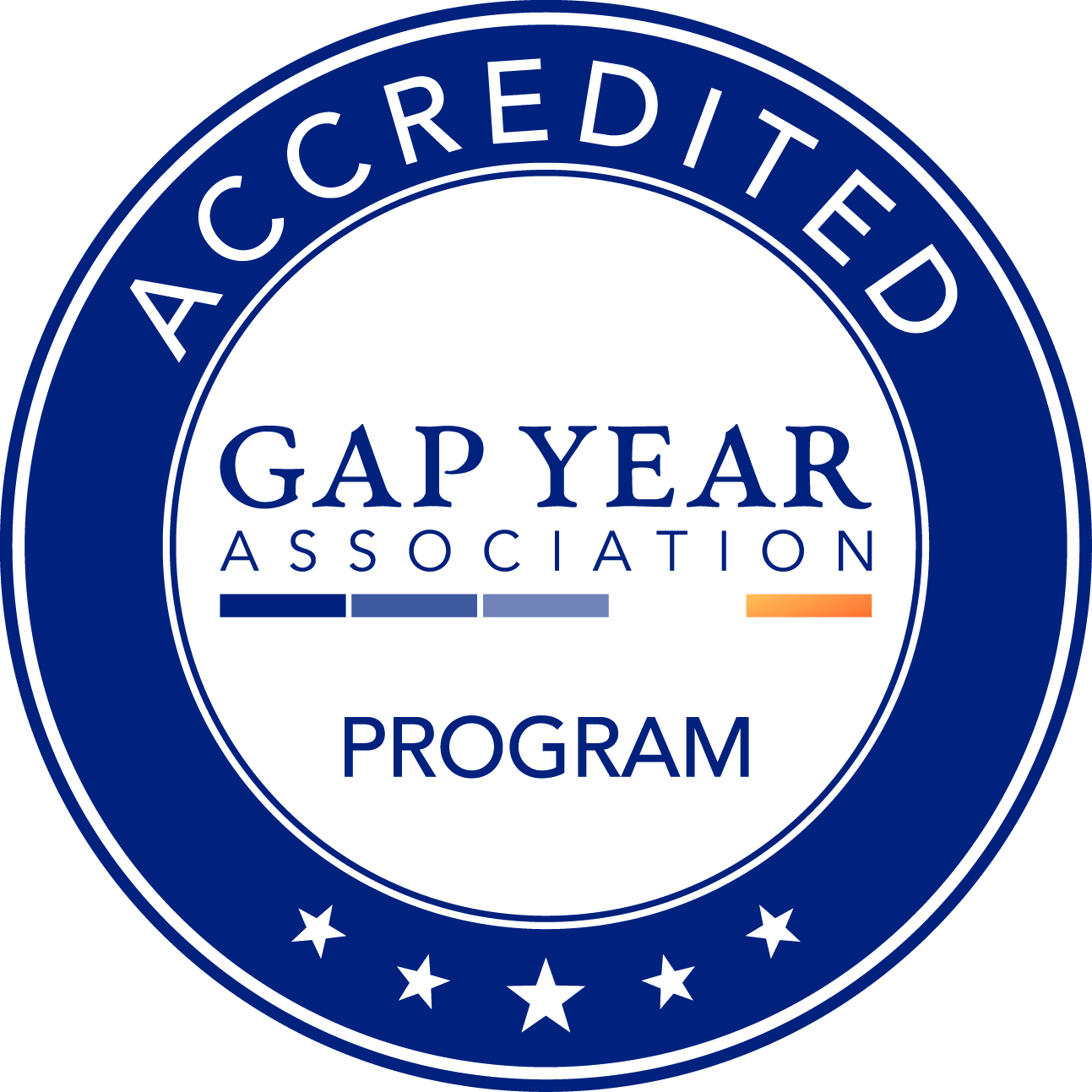
Outward Bound is accredited with the American Gap Association and is the longest running program in this elite group dedicated to providing safe, meaningful and high-caliber educational experiences to students.
In this phase of the 72-day course, journey through the ancient mountains of Western North Carolina, from its deep valleys to its 6,000-foot peaks. By working together to backpack through temperate rainforests, climb in and around the Linville Gorge, and paddle some of the best whitewater in the Southeast, students step outside their comfort zones and learn to communicate with and trust their new crewmates.
The rock-climbing phase of this journey is a testament to our commitment to safety and learning. Students start with the fundamentals: knot tying, safety systems, belaying, and climbing techniques. Depending on group dynamics and weather conditions, the aim is to master top rope climbs and progress to a multi-pitch route led by a climbing specialist. There's also the thrill of experiencing a rappel and the high ropes course.
Students will spend up to four days paddling Class I-Class III whitewater in tandem (two-person) canoes through sculpted rock channels. Crews learn to identify and use paddling equipment, basic water safety and rescue techniques, and paddling strokes. They also work with their partner to successfully paddle flat water and negotiate numerous rapids and drops.
These uniquely structured activities provide self-reliance, communication, and collaboration opportunities, helping students confront and overcome their fears. Students engage in personal growth and development, feeling empowered and ready to take on new challenges while having fun.
While in the Blue Ridge Mountains, participants can prepare for the unexpected by earning a Wilderness First Aid (WFA) certification. This fast-paced, hands-on training teaches skills to care for those who become ill or injured far from definitive medical care. Offered through a partnership with Landmark Learning, an accredited organization, this certification will include classroom lectures and demonstrations combined with realistic scenarios where mock patients will challenge participants to use what they've learned. After completing the WFA and CPR components, students can apply for academic credit for this certification.
Following an initial leg of the journey weighed down by heavy packs, students eagerly anticipate the transition to travel by canoe for the next phase of the course. As they make their way through the distinctive ecosystem of the Everglades National Park and the Ten Thousand Islands off the Gulf Coast, students will spend substantial time each day in tandem canoes, working as a team of two. The level of challenge varies based on the day's weather, allowing crews to glean insights into marine expedition risk assessment and management, marine route planning and navigation, and mastering paddle strokes, canoe-based rescues, equipment use, and effective collaboration with a paddling partner.
The journey ends in the Nahuel Huapi National Park, one of the world's most remote and unspoiled areas. Here, students will immerse themselves in the art of alpine trekking, honing their technical skills as they prepare to conquer an Andean peak, weather permitting. Patagonia's rich tapestry of unique flora and fauna, majestic snow-capped volcanic peaks, challenging ice slopes, and unparalleled terrain has attracted numerous scientific expeditions, including those undertaken by the renowned Charles Darwin. After extensive living in the wilderness, students will profoundly understand the relationship between teamwork and individual triumph.
It is essential to allocate time for reflection to facilitate deep learning. The "Solo" experience offers individuals a period of solitude, lasting anywhere from 30 minutes to 24 hours, providing the opportunity to immerse oneself in the tranquility of the wilderness without the distractions of everyday life. This break from the physical demands of activities allows students to partake in brief moments of quiet contemplation away from their group. Referred to as "mini-Solos," these reflective periods occur at solo sites carefully selected by Instructors to offer as much seclusion as possible, while still being within emergency whistle-signaling distance of other group members. To ensure safety, participants are equipped with all necessary supplies, including food and water, during their Solo time. Safety is always the top priority.
Outward Bound courses vary from 4 to 85 days. In shorter courses, participants will receive an introduction to leadership skills, strength of character, and a desire to serve, while activities fill up most of the time and the pace is quick. With longer courses, the same outcomes and benefits are achieved with the opportunity to reach a more profound level of mastery as there are more chances to develop technical skills, receive and implement feedback, and further personal development. However, no matter how many days the expedition lasts, the strength and impact of the experience lasts a lifetime.
Rock climbing, canoeing, and wilderness navigation techniques are excellent practices for the essential skills and habits that help prepare for new challenges at school, work, home, and the community. Outward Bound expeditions encourage students:
- to remain engaged and present, giving every challenge the best effort, even when the goal seems beyond reach.
- to form a team and focus on the team effort.
- to share responsibilities, communicate, and lead. Leadership roles are shared within the group, and responsibilities rotate each day.
- to find reserves of tenacity and compassion. Outward Bound courses are designed to expand and stretch your limits so that every expedition is a true accomplishment and a memorable journey.
Blue Ridge Mountains, North Carolina
The Blue Ridge Mountains, or Southern Appalachians, is one of the oldest mountain ranges in the world. While the mountains formed over 250 million years ago, some rocks underlying the region are over a billion years old. The Southern Appalachians' long geologic and evolutionary history has created one of North America's most biologically diverse regions. Some even say it is "rainforest-like."
The Blue Ridge Mountains, with their rushing rivers, numerous waterfalls, and towering peaks, have not only captivated nature enthusiasts but also filmmakers. The region's diverse landscapes have served as the backdrop for several iconic movies, including The Hunger Games and The Last of the Mohicans.
Outward Bound students can expect to share the wilderness with over 700 kinds of trees, more than 50 types of mammals, 150 types of birds, and over 50 species of amphibians. The vast numbers of trees and plants give these mountains their namesake. Trees put the 'blue' in the Blue Ridge Mountains from the organic chemicals they release into the atmosphere, thereby contributing to the distinctive color of these mountains. Temperatures in this area range from 50 to 85 degrees in the summer, 30 to 65 degrees in the spring and fall, and 10 to 50 degrees in the winter. These regions are the ancestral lands of the Cherokee.
The Everglades and Ten Thousand Islands
The Florida Everglades is the largest subtropical wilderness in the United States and the third-largest national park in the lower 48 states. The aquatic preserve is home to various wild creatures and exotic plant life. More than 350 species of birds, 300 species of fresh and saltwater fish, 40 species of mammals, and 50 reptile species live within it. Because of this, it is one of only three locations in the world to show up on the following lists: an International Biosphere Reserve, a Wetland of International Importance, and a World Heritage Site.
The Everglades are mild and pleasant from December through April, with low humidity and clear skies. Temperatures reach average highs of 88 degrees and lows of 54 degrees. Strong cold fronts may occasionally create near-freezing conditions, but such events are rare in this subtropical climate. These regions are the ancestral lands of the Calusa, Miccosukee, and Seminole nations.
Patagonia, South America
In southern South America lies an untouched, wild, and rugged land. As one of the least populated regions in the world, Patagonia is a semi-arid plateau covering over 250,000 square miles, mainly in Argentina. This remote wilderness boasts dramatic landscapes and is famed for its adventures and adventurers. From its isolated mountain valleys and snow-clad volcanic peaks to its glaciers and waterfalls, Patagonia has few equals in lands of exploration.
Students visit the city of Bariloche (population 108,205), situated in the foothills of the Andes on the southern shores of Nahuel Huapi Lake and surrounded by the Nahuel Huapi National Park. Established in 1934 to preserve local flora and fauna, it is the oldest national park in Argentina and the largest in the region, with an area of nearly 2 million acres. These regions are the ancestral lands of the Mapuche and Tehuelche nations.
Course Stories
In the three months that I was on course, I was challenged and pushed harder than ever before in my young adult life. Through crossing a glacier in Argentina, to paddling for 24 hours straight in the Everglades, to rock climbing and white water canoeing in the mountains of North Carolina, I was pushed out of my comfort zone every day. I became extremely close with my ten crew mates, and every Instructor I had on course. Now as I am adjusting back into life not living in the woods, I notice changes within myself on a daily basis, from the way I approach conflict, to the way I think about myself. I have a lot to thank Outward Bound for, but in particular I dedicate my new-found work ethic, confidence and ability to deal with difficult situations to Outward Bound and will never forget the endless memories I made while on course.
OTHER COURSES YOU MAY LIKE


Maine to Bahamas Leadership Semester
Courses: 1 date available Ages: 18+ Length: 80 Days Cost: $19,980 Details & Dates

Patagonia to Florida & Blue Ridge Moun...
Courses: 1 date available Ages: 18+ Length: 72 Days Cost: $18,015 Details & Dates

Canyonlands to Joshua Tree Leadership ...
Courses: 1 date available Ages: 18+ Length: 65 Days Cost: $14,120 Details & Dates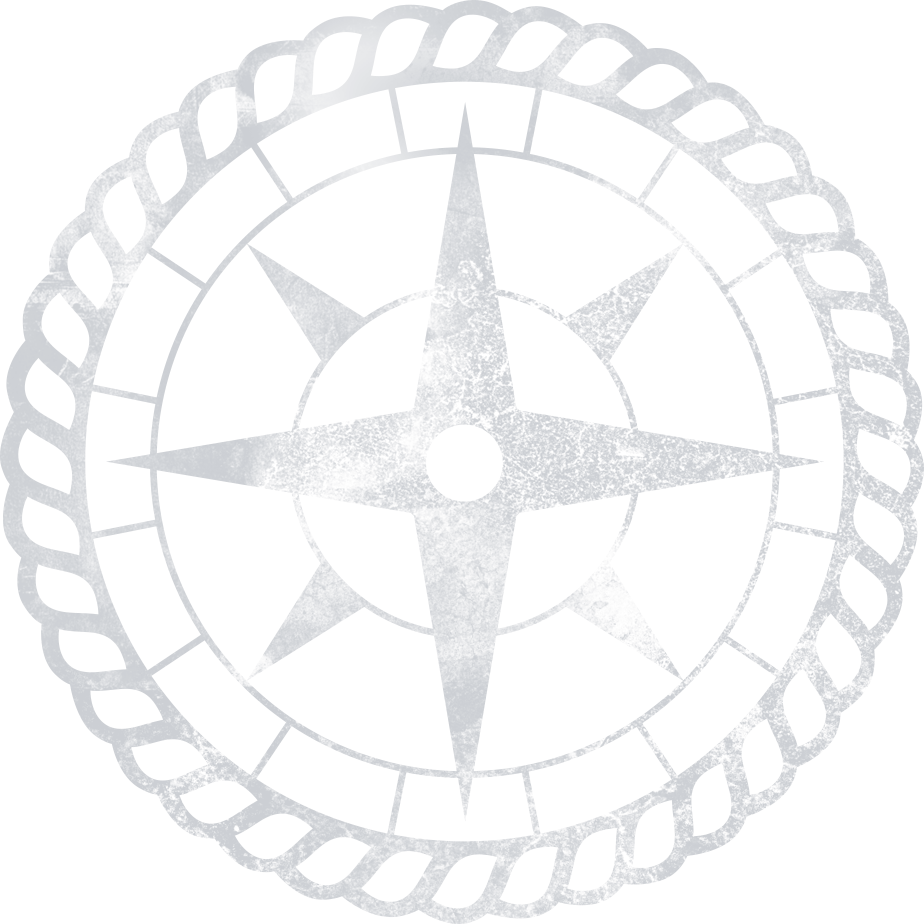
Getting Started
If you are ready to enroll on a course click the enroll button next to the course you wish to select or you can enroll over the phone by speaking with one of our Customer Success Specialists (toll-free) at 866-467-7651.
To secure your spot on a course you must submit an enrollment form and $500 deposit that is applied toward the total cost of the course and includes a $150 non-refundable enrollment processing fee.


